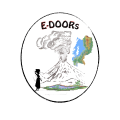The East African Rift presents complex environmental and human dynamics, especially in the western province of Rwanda where four systems interact:
I) The Nyiragongo volcano, and its hazards, including surface lava flows towards the populated towns of Goma (DRC) and Gisenyi (Rwanda), the subsurface propagation of magma from the volcanic edifice to beneath Lake Kivu and the continuous emission of ash plumes from the crater lake,
II) The Lake Kivu in the context of a potential so-called CO2-CH4-gas-driven limnic eruption and its CH4 reservoir exploitation,
III) The volcanic soils (andisols) quality and biodiversity and the soil-induced diseases such as the endemic podoconiosis disease, and
IV) The communities depending on agriculture and fishing while facing health and environmental issues.
These four systems have major interaction signals. Yet these are poorly known. Studying these relationships in an integrated approach in order to fill the knowledge gap on the sustainability of Western Rwanda, thus targeting SDGs 3, 4, 11 and 1, is the ultimate goal.
E-DOOR will use complementing approaches to pursue five objectives:
1) Assess the volcanic hazard through physical modelling of lateral magmatic intrusions, volcanic ash or gas transport and dispersion and related deposits, and gas-driven plumes in Lake Kivu,
2) Assess the impact of methane extraction and volcanic activity on the stability of Lake Kivu and the health of the freshwater ecosystem through physico-chemical and phytoplankton assemblage data analyses,
3) Identify links between volcanic activity, land use, soil properties and human health issues (such as Podoconiosis) through the mineralogical, chemical, and soil biodiversity characterization of the andisols,
4) Characterize interconnections between health and environment in Western Rwanda through a societal study on the long-term impact of living in the area, and
5) Integrate all these factors to produce a relationship diagram that promotes understanding of the interrelationships that underpin the dynamics of Western Rwanda.
In doing so, E-DOOR will bring a framework to understand the synergies among the different systems of Western Rwanda and ultimately provide scientific advances and specific outcomes of service to the Rwandan governmental agencies responsible for the environment (Ministry of Environment) and health (Ministry of Health).
Supported by UNESCO IGCP - Project 767.
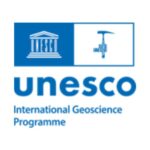


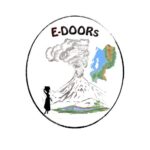
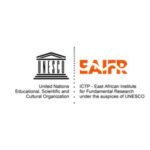

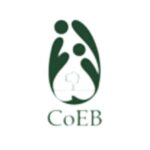
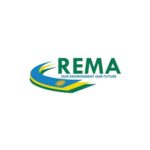
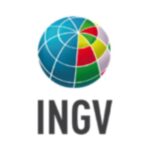



E-DOORs
E-DOORs will use complementing approaches to pursue five objectives and have multiple partners in different levels.
